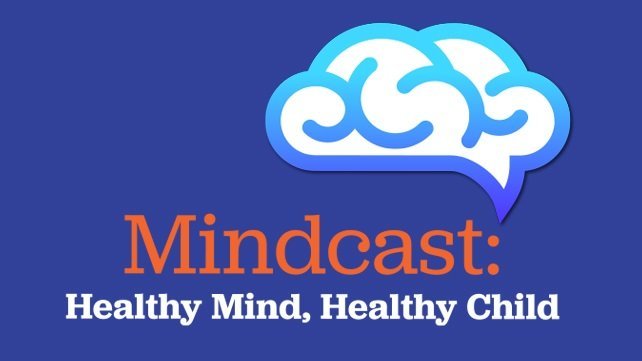It’s in Us to Teach Gratitude to Our Children

Gratitude was a word I rarely considered until I was well into adulthood. It was one of those words that I heard periodically throughout my childhood, but I never really gave it much thought until it was time to write thank you notes for thoughtful gifts people had given me, or for acknowledging someone's kindness. Even then, I never really considered that gratitude is more than just a thank you note, more than an acknowledgement—it's a chance to take in the meaning of the gesture and recognize the things that might not always be as obvious as a beautifully wrapped gift or service provided.
Gratitude comes from awareness
For me, gratitude came when I gave up the need for the outside world to be a certain way, so that I could feel peace and predictability within myself. Gratitude came when I accepted what was happening without the expectation that the things around me should change so that I could feel better or more at peace.
“The unexamined life is not worth living.” ~ Socrates
Gratitude came when I took responsibility for how I responded to what was happening instead of trying to control it, trying to find the silver lining or the outcome that was unexpected but meaningful. S how do you instill the idea and meaning of gratitude in our children? We must lead by example, by practicing it.
Gratitude is in our delivery
Like most children, I grew up hearing things like "money doesn't grow on trees" and "finish what's on your plate because kids in other countries are starving." These statements didn't just come from my family, but everyone in my world—teachers, coaches, parents of friends, even well meaning neighbors—they all gave that same message.
“Your children will see what you're all about by what you live rather than what you say.” ~ Wayne Dyer
While well-intentioned, I believe these attempts at teaching us to be grateful fell short. What were the messages? Were they telling us to be grateful for what we had and ask no more? The intended message was buried and often missed. What we were told was there is not enough money, not enough food, and to settle (gratefully) for what we had even if it meant ignoring our own body's response that we had eaten enough. The gratitude was inferred. Perhaps its time to change our language so we can help children change theirs.
I am a huge proponent of self-love, self-examination, and personal accountability at any stage in life but when you're a parent, I believe the stakes are higher. I don't know how to teach children about gratitude without first becoming aware of the messages we give them in our moment-to-moment interactions. This is why it is essential for us to be checking in with our own emotions throughout the day. We can ask ourselves, am I pouting or complaining because I feel inconvenienced by weather, declaring "I can't believe I have to shovel snow again, I don't have time for this!" Or am I reframing with gratitude and bringing the beauty of the snow to the attention of my children?
Gratitude is how we support them
If there is a hidden agenda in this push for self-awareness and role modeling, it comes out of another message we tell our children: "practice what you preach." Emotional growth and improved behavior is good for each person as an individual. If you're a parent, the consequence of your growth serves as good role modeling for my children, and you're doing your job through your behavior because it is what serves as the lessons. I say this because I don’t want anyone to feel like they are failing as a parent if they are not using structured tools, projects or protocols to teach their children gratitude. Those things are wonderful, and you can find an example of a gratitude worksheet online if that is useful to you. But know that you are a powerful teacher and enough on your own.
"Do the best you can until you know better. Then when you know better, do better." ~ Maya Angelou
As our children grow and make the transitions from elementary to middle school and on to high school, we often ask, “How was your day?” And the response you can guarantee you'll receive? “Good” or "fine." These words could signal the end of the conversation, however, the therapist in me always has a follow-up question and encourages every parent to ask, “What was good about it?” As this follow-up becomes part of the daily conversations, you might find the additional information they share comes naturally. At the very least, they'll most likely pause as they think, “Hang on…. I’m thinking what was good about it.”
I encourage you to have the conversations and utilize the tools that suit you; examine your own attitudes and become an observer of your own behaviors; make changes, grow and practice gratitude in your daily life so you can model that for those around you. Our moment-to-moment behaviors determine who we are to the world and nobody watches us more closely than our children.

About the Author:
Jamie Turcotte, LMHC
Jamie Turcotte, LMHC, is a licensed mental health counselor at Bradley Hospital, where she has worked with adolescents, adults, and families since 2012.

Be Well Newsletter
Instilling Gratitude in Children

Listen to the Podcast
Jamie Turcotte, a licensed mental health counselor in the SafeQuest Program at Bradley Hospital, talks about how parents and caregivers can help to instill gratitude in children in a recent episode of Bradley Hospital's Mindcast.
Find a Doctor

The right provider is in our network
Search more than 1,200 providers in our network.



